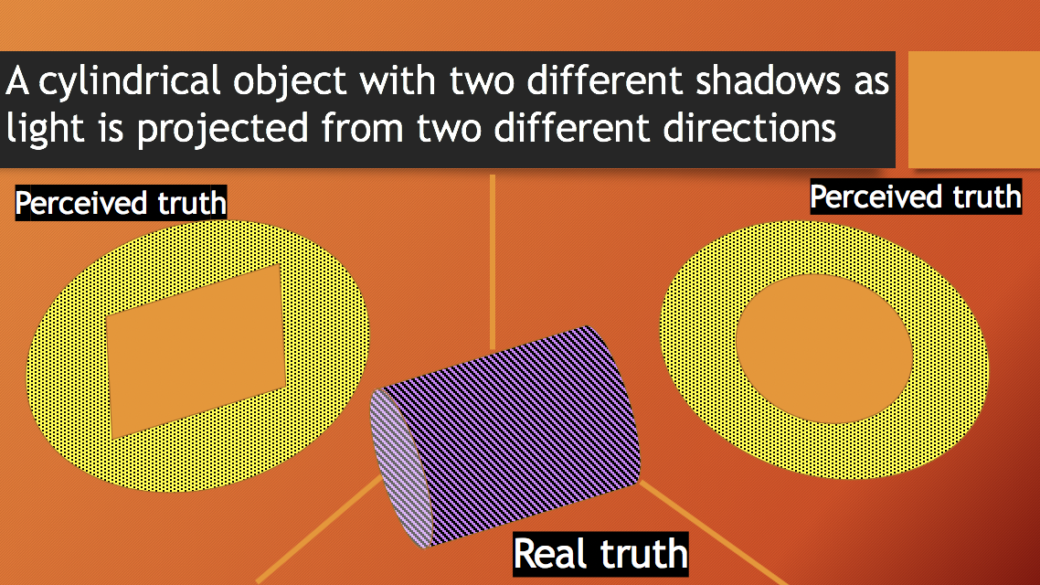
To change the context is to change the truth
It is important to realize that, to understand the scriptures, we have to study them with an appropriate context. Why is context important? Because changing context can change the perception of the true nature of an event, affecting the understanding of the history and the meaning of the scriptures. The Quranic revelations regarding war and wartime violence demonstrate the need to read the Quran with proper context.

The History
The Quran was revealed to the seventh century Arabia to the Bedouin pagan Arabs. The Quran emphasized not only strict monotheism but also the message of moral living and social justice. The Qurans’ message challenged the pagan’s polytheistic belief. Its message on justice and human beings’ equality was a source of empowerment for the marginalized and the poor.
At the time, the Qaaba housed 360 idle-gods of different ancient Arab tribes. Makkah’s economy depended on the business that pilgrims used to bring during their pilgrimage to Makkah. Consequently, the Quran’s message of oneness of God and its support for the poor, orphans, and slaves challenged Makkah’s powerful financial and social establishments.
The backlash
As a result, a severe backlash was directed towards the prophet Muhammad (Peace be upon him) and his followers. Prophet Muhammad (Peace be upon him) and the small group of followers had to be always on guard to defend themselves against polytheists’ unrelenting attacks. They were persecuted, tortured, starved, and finally uprooted from their motherland Makkah. Not only that, pagans killed some of the new Muslims; they also forced many others to migrate to Ethiopia or flee to Medina. https://qpeace.net/?p=1823
Right to defend
Eventually, after 13 years of nonviolent approach, Quranic revelation came to Muslims, allowing them to defend themselves against aggression. By the same token, Allah commanded Muslims not to be the aggressors. Muslims should fight with vigor and passion if polytheists attacked them, yet, the Quran commanded them to stop fighting if the opponents wanted to establish peace. If someone surrendered during a battle, the Quran commanded Muslims to take them to a place of safety and not doing any harm to them or force them to convert to Islam
The Quran 9:6. “If anyone of the idolaters should seek your protection [Prophet], grant it to him so that he may hear the word of God, then take him to a place safe for him, for they are people with no knowledge.”
Changing context is to change the truth
As has been noted from the documented history, The Quran was revealed in a setting of unrelenting violence and warfare against the believers. Even after Prophet Muhammad (Peace be upon him) and his followers fled Makkah, the pagans from Makkah followed him. In subsequent confrontations, they attacked Madina on multiple occasions. The Quranic revelations guided Muslims on how to defend themselves and survive those violent times. An objective study of the Quran requires knowing the appropriate contexts and historical background of those revelations. After all, that is the only way to avoid misinterpretation and failure to identify Islam’s norms and exceptions.
Extremism and Islamophobia
Extreme fringes of Muslims, and those non-Muslims who look for blaming the Quran for violence, ignore the specific historical contexts of those revelations. The result is, they read a different book in the Quran than Billions of Muslims read over the centuries.



Be the first to comment